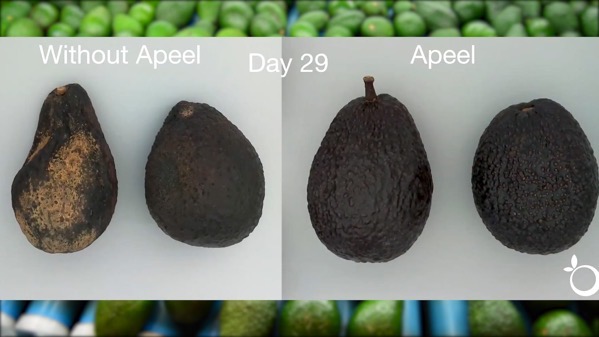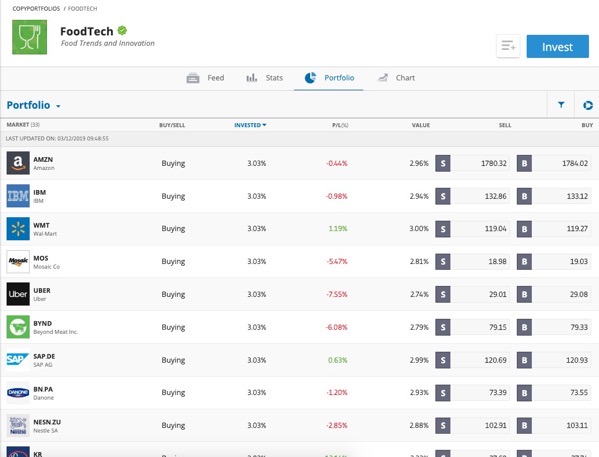Hi,
The end of the year is nearing but FoodTech news is still coming from everywhere around the globe as many startups are raising money and launching big products. Here is the best of the articles we have published during the month:
#1 – Vertical Farming investments on the rise
Agroecology Capital (a US-based VC) released a report on the investments and insights in Vertical Farmings. Vertical farming may not replace all of the agriculture but could a good complementary solution and an answer to many issues. According to the report, $873m has been invested in indoor vertical farming startups since 2010. While investments have risen, notably in the last couple of years, as you can see on the graph below, they are still small in comparison to AgTech/FoodTech in general (just to give a comparison, last year’s investment in FoodTech globally were around $13B).
If the ecosystem has already big names such as Infarm or AeroFarms, the “right” technology and business model (which can be translated by “profitable”) have yet to be developed. As underlined by the report’s conclusion, right now, most of the urban farming startups are fully integrated from technology to production and even branding/retail in some case. Some level of specialisation can be expected in the incoming years.
Read more about the report’s contents  #2 – A big retailer starts its cloud kitchen business
#2 – A big retailer starts its cloud kitchen business
Kroger, the biggest US retailers in terms of revenue announced a partnership with ClusterTruck, a startup operating cloud kitchen in the Midwest. They are many types of cloud, dark or ghost kitchens companies (you can choose the name you like the most, the terminology is not quite fixed) operating in different business models. ClusterTruck is operating central kitchens, without any tables, where multiple virtual restaurants with a vast range of meals, exist and take orders from its own delivery platform.
This is again proof that retailers are looking for ways to expend their reach and may consider meal delivery to be interesting to combine with grocery delivery. We can imagine a future where you would be able to order both groceries and meals on a single platform and is delivered once for all your needs, daily or a few time a week.
Read more #3 – Apeel enters the European market with its shelf improving solution
Apeel, the startup famous both for its technology and its investors in now venturing in Europe for the first time. In a few words, Apeel’s tech is an edible plant-based “peel” that slows oxidation on avocados and limes. Therefore, the produce remains ripe for twice as long as it would have been without it. It is obviously of great value for produces in high demand such as avocados and it helps to fight against food waste. This is why investors such as the Bill & Melinda Gates invested early in the company. Now the startup is expanding in Europe with the first deal with retailers in Germany and Denmark after its product has been reviewed and authorised by the EU.
Read more  #4 – Now you can all (quite) invest in FoodTech
#4 – Now you can all (quite) invest in FoodTech
FoodTech is a trending topic. It is therefore not a surprise that some financial institutions have started to look at it by creating “products” around this trend. eToro a social trading platform, launched recently (late October 2019) a FoodTech copy portfolio.
As interesting as the idea could be, the selection is somewhat limited to a few startups and is mostly centred around tech giants (such as IBM, Amazon or SAP) and quite traditional agribusinesses (from Nestlé to Kroger). Indeed, as you can see in the portfolio, the issue is just that they are not many publicly traded FoodTech startups. At least you can find the following: Beyond Meat, Grubhub, Takeaway, Blue Apron, Ocado, Chewy and Delivery Hero
Read more about the eToro and the vegan trading fund  #5 – And now proteins come from thin air (literally)
#5 – And now proteins come from thin air (literally)
While plant-based products brought to the market by startups such as Beyond Meat, Impossible Foods or Just use plants for their source of proteins, one can wonder if there are other ways to produce the necessary proteins. One process is getting traction: production proteins from the carbon dioxide, oxygen and nitrogen naturally present in the air.
This output is a protein powder that can be supplemented and then transformed into food products such as meat replicates. This week, Air Protein, a US-based startup made a public demonstration of its product with some “meat substitute” made out of this “air-based-protein”. Others, as Deep Branch Technologies, are targeting the animal feed market. Even if this technology is not yet ready to reach our plates, it is not as farfetched as it may seem. Connected to factories, it could alleviate their carbon emissions while producing “free” proteins.
Read more and find out about the best startups in this ecosystem here
As you can see, FoodTech as a movement toward better food for our health and the planet is just starting. If you are a startup working on changing the world or a corporate/retailer looking to transform yourself into an innovation powerhouse, let’s do that together (contact us).
Have a great read!
Matthieu







